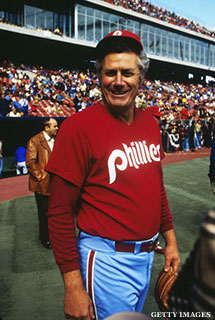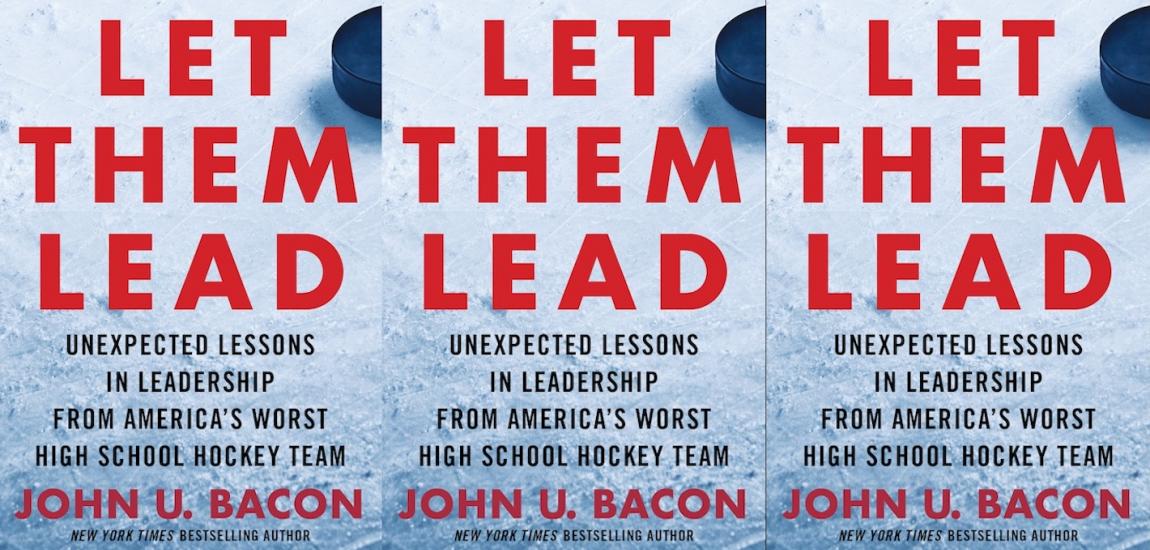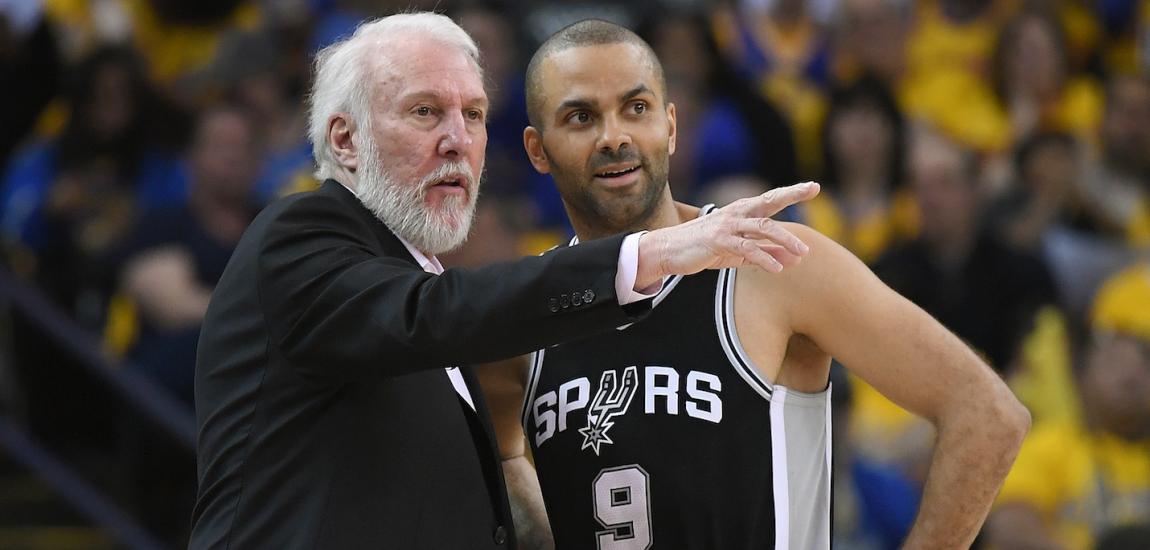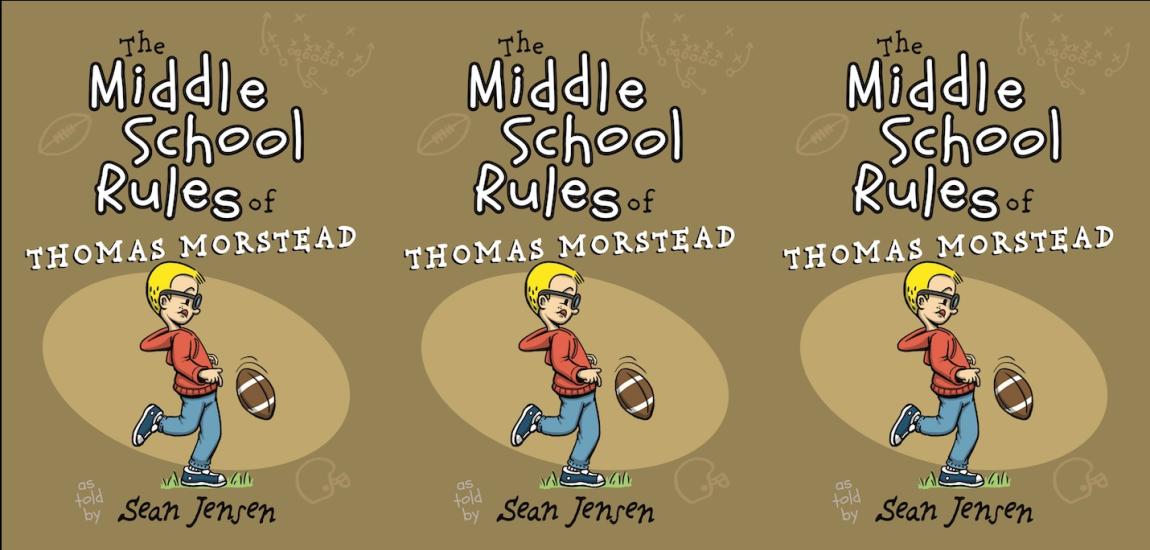Dallas Green has never minced words or shied away from making enemies. Though many bristled at his gruff style, nobody could argue with the result of his leadership: As manager of the Philadelphia Phillies, he led the team to a World Series championship in 1980 and as general manger of the Chicago Cubs, he pulled off one of the most lopsided trades in the history of the sport by dealing journeyman Ivan DeJesus to the Phillies in exchange for Larry Bowa and future Hall of Famer Ryne Sandberg. In this excerpt from The Mouth That Roared, Green explains how he tried to import the winning mentality from Philadelphia to Chicago:
The Tribune Company, which owned the Cubs, liked five-year plans. But when I got to Chicago, I wasn't looking five years into the future. I intended to change the culture of the Cubs right away. That meant getting my people to contemplate what it would take to win a championship. Anyone incapable of thinking in those terms wasn't welcome in the Cubs executive offices.
I recognized we faced an uphill battle. The Cubs hadn't played postseason baseball since 1945. During the Wrigley family's decades of ownership, the Cubs' mantra was, "Open the doors, and they will come." Ownership didn't really care what kind of product it put on the field. Wins and losses stopped mattering.
During the strike-shortened 1981 season, the Cubs went 38–65 and drew an average of fewer than 10,000 fans per game. The team was losing and the people weren't coming anymore to watch games. Contrary to the Wrigley way of thinking, I equated bad baseball with bad business.
I brought in people who subscribed to my way of thinking. Our new media relations guy had no prior experience working in the major leagues, but I sensed he and I were on the same wavelength. The gamble paid off. From the get-go, Ned Colletti, who had been a sportswriter in Philadelphia, did a bang-up job for us. Ned worked his way up the ranks, and in 2005, he became the general manager of the Dodgers.
In January 1982, Larry Bowa went on a Philadelphia radio station and said his agent told him the Phillies had agreed to trade him, infielder Luis Aguayo, and outfielder Dick Davis to the Cubs for DeJesus and pitcher Bill Caudill.

His agent was wrong.
Gordie and I wanted a young player who could be a building block for the Cubs' future. We agreed that 22-year-old Ryne Sandberg had that potential. Gordie had scouted him in high school, and I had picked him in the 20th round of the 1978 draft. Sandberg only had six major league at-bats to his name, but we were confident he had all the skills to thrive in the big leagues. He was a tremendous all-around athlete, with great speed and hands. He had mostly played shortstop in the minor leagues, but we felt he could adapt to any infield position.
Pope and the Phillies liked Sandberg, too. But as negotiations continued, we hung tough.
It helped us that the Phillies had middle infielder Julio Franco in their minor league system. Pope went on the record saying he thought Franco, and not Sandberg, was the team's shortstop of the future. That left one fewer infield position Sandberg could play for the Phillies, who were likely going to send him back to Triple-A for another year.
The talks went on for weeks. There were other talented players in the Phillies system, including Len Matuszek, a slugging first baseman who had hit for power and average. But first base was one of the few positions where we didn't need help.
We held out until Pope agreed to give us Sandberg.
All the newspaper stories about the trade mentioned Sandberg in passing. He was a prospect, a throw-in, a deal-sweetener.Ryno jumped right into our starting lineup as a third baseman in 1982. His eventual development into a perennial All-Star and Hall of Famer at second base now makes that deal look like one of the most lopsided in baseball history. But in the short term, the trade benefited the Phillies. DeJesus helped them get to the 1983 World Series. They got what they wanted, and so did we.
The trade for Sandberg was a sound baseball decision. Every now and then, such decisions make general managers look like geniuses.
With all the Philadelphia transplants in Chicago, it didn't take long for the Cubs to be nicknamed "Phillies West" and the "Cubillies." I threw fuel on the fire by never missing a chance to tell Chicago fans how much the Cubs could learn from the Phillies' way of doing business. They resented the hell out of me for that.

It would be a couple more years before some strategic trades and Ryno's emergence as a superstar helped the Cubs shed their losing ways. For the time being, we had to try to drum up interest in the team based on a belief that better days lay ahead, even if they might take a while to arrive.I tried to make it clear that I didn't think there was anything lovable about losing.
With that in mind, Bing Hampton came up with a hell of a slogan for the Cubs: "Building a New Tradition." It was a way for us to hedge. The new tradition of winning wouldn't take hold overnight. A blind man could see that. But it was being built ... or so we hoped.
Not everybody embraced the idea of the Cubs as winners. Some so-called fans actually liked the decades of losing. Studs Terkel, the legendary Chicago writer, summed up that mind-set best when he said, "I think they're more endearing in defeat than in victory. I like their loser-like quality."
That's what we were up against.
I had no delusions of grandeur when I got to Chicago. But as someone who liked a good challenge, I relished the chance to try and rebuild an organization. Teams win games, but organizations establish the framework for success. And while the Cubs may have been a venerable organization, they certainly weren't a successful one.

It was hardly a coincidence that the Cubs' record for single-season attendance to that point had come in 1969, the year the team played inspired baseball until they blew a nine-game lead and lost the division to the Mets in the final weeks of the season.
It's simple: when you win, you put people in seats. And because the Cubs didn't win a lot in the 1970s and early 1980s, they didn't draw well. Fewer people watched games at Wrigley Field in 1980 than at the outset of the Great Depression in 1930. Among the reasons for that was the team's difficulty selling season tickets.
I leveled with Cubs fans about their misplaced love of failure, a phenomenon further perpetuated by the 1969 team. I did a call-in radio show in Chicago that gave me a chance to interact with fans. And by that I mean it gave me a chance to set fans straight on some things.
"The '69 team that you loved so much lost," I told them. "They were losers. Why did they lose? Because Wrigley Field didn't have lights. The team got tired from coming off the road late at night and then reporting to the ballpark early for day games. That sapped their stamina."
The 1969 team and day baseball were both sacred to Cubs fans. But there I was on the airwaves disparaging both. That led to a lot of pissing contests with callers to the show, especially after we got off to another losing start in 1982.
I've always had a loud mouth and yakked too much, but I didn't do the show just to make people angry  at me. I felt it was a way to reach a section of the fan base that knew the game and could give me feedback on how we were doing. I guess it all made for good radio. A lot of the callers were your typical talk show types who just wanted to harangue me. Well, I'm not harangue-able. My advocacy for lights at Wrigley Field, which started slow and built over the next few years, was evidence of my willingness to mix it up with the locals.
at me. I felt it was a way to reach a section of the fan base that knew the game and could give me feedback on how we were doing. I guess it all made for good radio. A lot of the callers were your typical talk show types who just wanted to harangue me. Well, I'm not harangue-able. My advocacy for lights at Wrigley Field, which started slow and built over the next few years, was evidence of my willingness to mix it up with the locals.
The new general manager and the stubborn old fans agreed on one point: Wrigley Field was a wonderful place to watch a game. So many Chicagoans had childhood memories of taking the train to Wrigley with their parents or grandparents. Now, they were parents or grandparents themselves who were passing on the same tradition.
A love of the Friendly Confines and the game itself is a perfectly good reason to come out to the ballpark. But I felt we had to move beyond that by bringing back pride to the organization.
The Cubs weren't cursed. They just had come to accept losing.
-- Excerpted by permission from The Mouth That Roared: My Six Outspoken Decades in Baseball by Dallas Green and Alan Maimon. Copyright (c) 2013 by Dallas Green and Alan Maimon. Published by Triumph Books. All rights reserved. No part of this excerpt may be reproduced or reprinted without permission in writing from the publisher. Available for purchase from the publisher, Amazon, Barnes & Noble and iTunes.





